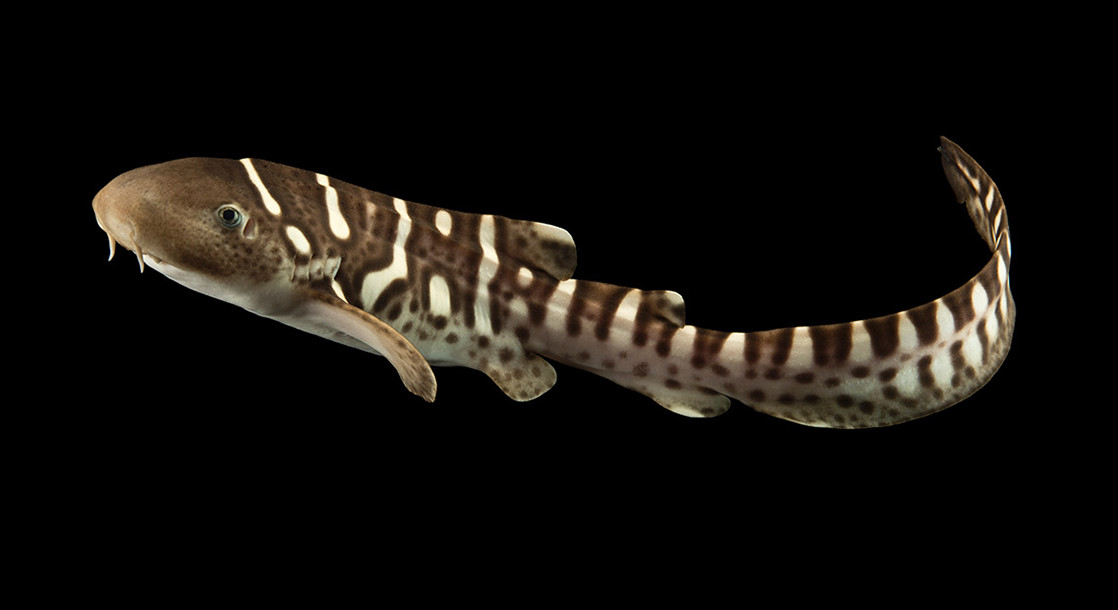Scientists in Australia are captivated by a female zebra shark that gave birth to three pups despite having been separated from her male partner over four years ago. The story drew instant interest from the University of Queensland’s Christine Dudgeon and her colleagues.
Leonie the zebra shark has lived alone at the Reef HQ aquarium in Townsville, Queensland since 2012. Her and a male partner conceived 24 pups in 12 years before Leonie was placed in a separate tank, away from male contact. However, she somehow has managed to reproduce asexually this past year. While the research team initially investigated the possibility that the female shark had been storing sperm from her former mate, genetic testing proves that the babies only share their mother’s DNA. In short, they are clones.
In certain cases, sharks, turkeys, snakes, rays, and other animals have shown asexual reproductive traits, but most of these instances involved females that never had a male partner. There are very few documented cases of animals having adapted from sexual to asexual reproduction, making Leonie’s situation particularly astounding.
Some female sharks are known to reproduce asexually by fertilizing their own eggs with an adjacent cell called a polar body. According to research authored by Dudgeon and her colleagues, this self-reproductive method is a phenomenon known as “extreme inbreeding.” The scientists believe that Leonie could be using a “holding-on mechanism” that enables her to pass on her genes to female offspring until males are finally around to mate with instead.
The scientists acknowledge that this strategy isn’t viable in the long run, as asexual reproduction would greatly dilute the genetic diversity of the zebra shark. The Australian scientists expect the asexual offspring to be more prone to health problems, and are therefore planning to further their study on the sharks once they reach maturity around the age of seven.
“The genetic diversity of animals gets greatly reduced using this reproductive method. Long term, they need to diversify to help them adapt to their environment,” said Hamish Tristram, a senior aquarist with Reef HQ.
This rare scientific occurrence raises interesting questions about the ability of certain female species to survive without male counterparts. All in all, Leonie the zebra shark exemplifies a unique evolutionary trait that could occur in nature more often than we know. It’s a wild world.











